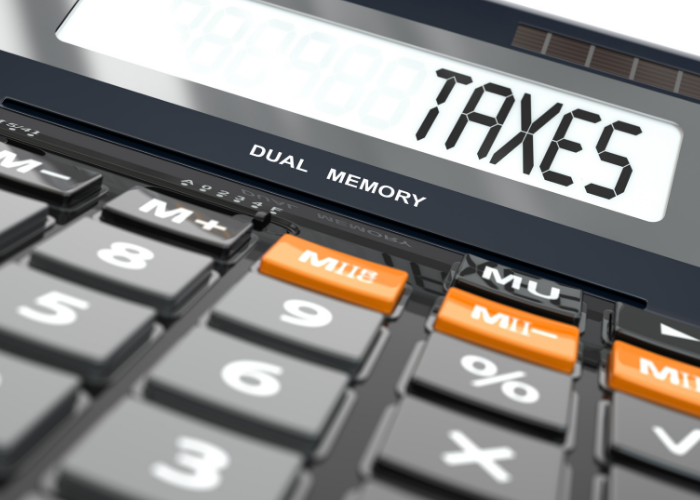Leading Vermont Businesses From Relief to Recovery
By Betsy Bishop, President of the Vermont Chamber of Commerce
In the last few months, our world changed. Vermonters and people around the globe are reeling from the impact of COVID-19 on their lives, work, and loved ones. Throughout the pandemic, the Vermont Chamber has advocated for financial assistance and regulatory relief to help businesses throughout our state survive, helping their communities and their workers.
With Governor Phil Scott’s support, the Vermont Chamber secured tax abatement, online lodging reservations, suspension of tax deadlines, and freezing of unemployment insurance rate impact. The federal government has also swiftly responded to calls for relief with funding for businesses through the CARES Act and Paycheck Protection Program. This is a great start, but we need even more funding for these federal programs and operational changes as detailed in our letter to Vermont’s congressional delegation.
With Governor Scott now outlining a phased restart of Vermont’s economy and plans to reopen the state a quarter turn at a time, the Vermont Chamber is turning our attention to positive economic activity in four stages: relief, restart, recovery, and reimagining.
We are eager to reopen Vermont businesses with clear guidance for employers while also ensuring that new constraints on operations are feasible. We asked the Governor and his economic recovery task force to include the Vermont Chamber in decision-making prior to implementation. We will provide immediate feedback from businesses so that as we reopen, we help protect the health of workers and customers while also establishing appropriate guidelines for employers related to liability, privacy, and costs.
As we enter recovery, we urge state leaders to consider these initial recommendations:
- Full abatement of February and March meals and rooms tax obligations. Abatement will provide Vermont’s hospitality sector with liquidity in a time when cash is desperately needed to help hire back employees, reopen, and remain open.
- Waive or delay certain professional licensing fees. This financial assistance would help businesses resume normal operations, especially in sectors unable to operate or able to operate only in an extremely limited manner during the crisis.
- Ensure employer experience ratings are not negatively impacted during the next several months, maintaining the current freeze on employers’ unemployment insurance experience ratings through December 31, 2020.
- Maintain enacted changes to alcohol sales regulations, including those authorizing takeout of certain alcoholic beverages. Maintaining this change will provide restaurants with a small but reliable revenue source during the next several months of uncertainty.
- Identify an economic indicator to use as a trigger for a temporary halt for minimum wage increases in the event of a prolonged economic downturn. If this economic trigger is hit, businesses should be relieved of the obligation of increasing payroll output during decreased business activity. If the economy recovers and remains strong, no changes to current minimum wage law should be implemented.
SHARE THIS ARTICLE
RECENT NEWS




